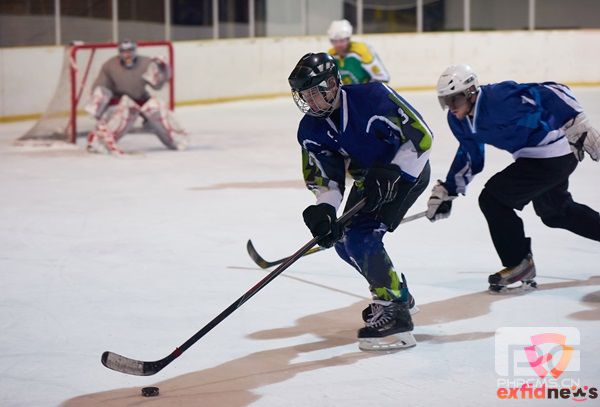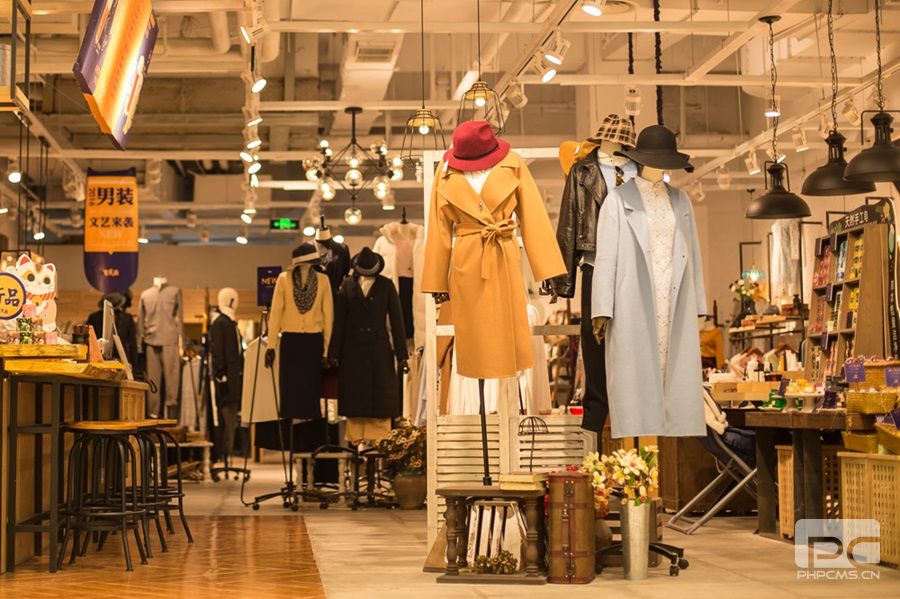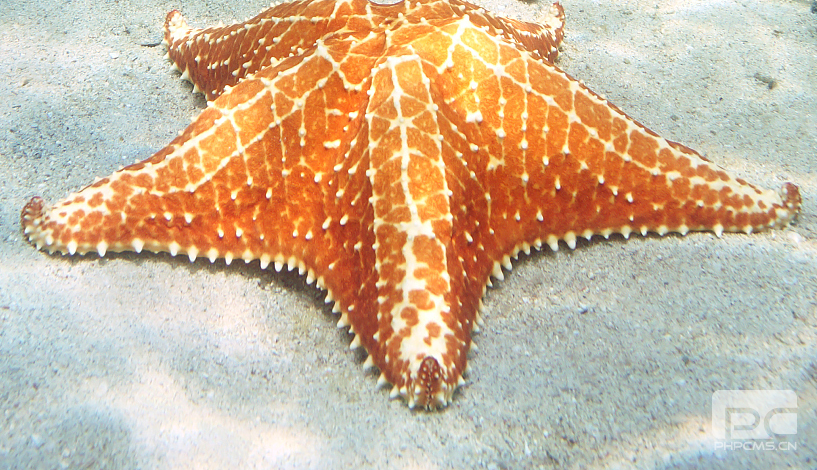In the wake of the shocking death of American professional ice hockey player Adam Johnson, Washington Capitals player TJ Oshie decided to take action to raise awareness of safety among players.

The demand for neck protection has increased rapidly, following the International Ice Hockey Federation's regulations mandating young players to wear neck guards and the announcement by the English Ice Hockey Association that all players must wear neck guards starting next year.
Oshie, in an interview with CNN Sport, expressed emotional fluctuations after watching the final moments video of Adam Johnson. He decided to wear a jersey with a built-in neck guard developed by his hockey equipment company to enhance his safety.
Adam Johnson suffered an injury after colliding with an opponent, and a forensic pathologist in Sheffield, England, stated that his cause of death was due to a cut to the neck by the opponent's ice skate. This incident has sparked widespread attention within the hockey community regarding neck protection, prompting some teams and players to take proactive measures and enforce the use of neck guards.
Hockey commentator Seth Bennett told CNN Sport that there is a "macho culture" within hockey, where wearing protective gear is sometimes seen as a lack of trust in the player's own abilities. However, faced with safety concerns, players are gradually changing their attitudes.
Chief Medical Officer of USA Hockey, Mike Stuart, stated that the quality of neck guards needs improvement, and the current ones have shortcomings in width, stability, and other aspects. He suggested introducing regulations mandating specific age groups of players to wear neck guards, similar to the past NHL mandate for helmets.
As players' awareness of safety increases, the demand for neck guards has seen a significant rise, as noted by players and hockey equipment companies, including Oshie. Mary-Kay Messier, Vice President of Bauer Hockey, stated that neck guards are life-saving technology, and brands are continuously developing more comfortable and effective products.
The hockey community's attitude toward neck guards is changing, and although voluntary choice still exists, this trend is expected to continue with the increasing emphasis on safety awareness.




Copyright © 2023.Yooke studio All rights reserved.
PKWEEKLY NEWS









